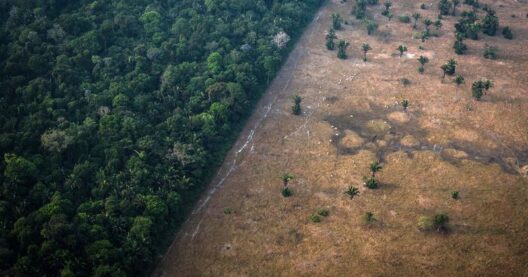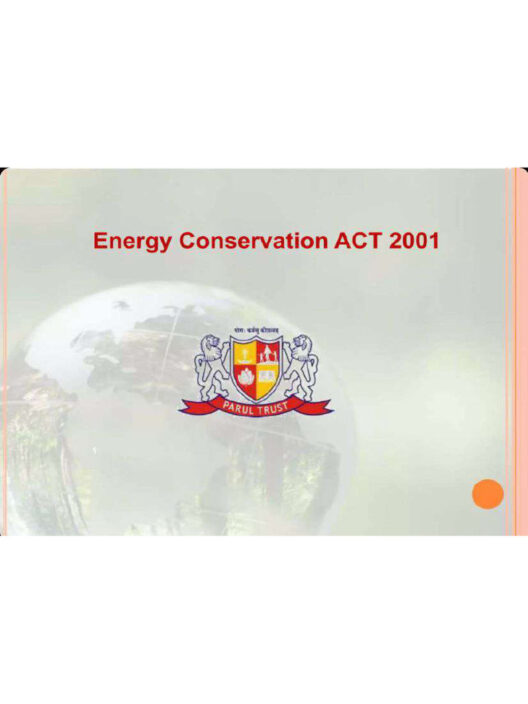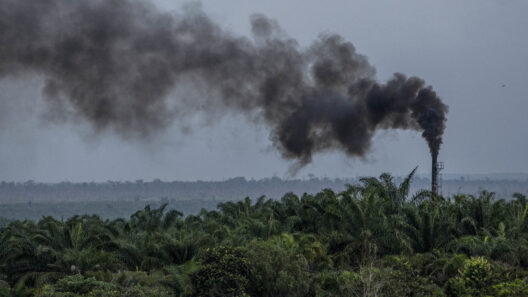The phenomenon of global warming encompasses the gradual increase in Earth’s average temperature, primarily as a consequence of greenhouse gas emissions. This relentless climb in temperature poses dire repercussions not only for the environment but also for human well-being, biodiversity, and global stability. As we delve into the multifaceted effects of global warming, it becomes ever more crucial to elucidate how these changes are reshaping our planet.
One of the most profound impacts of global warming is the alteration of climate patterns. Increased temperatures spike evaporation rates, resulting in altered precipitation regimes. Regions once known for their delicate ecosystems face an existential crisis as rainfall becomes erratic; some areas experience torrential downpours, while others suffer prolonged droughts. Such fluctuations disrupt agricultural productivity, leading to food insecurity and economic instability, particularly in vulnerable communities that heavily rely on seasonal crops.
The prevalence of extreme weather events is on the rise, a phenomenon underscored by the intensification of hurricanes, wildfires, and heatwaves. The destructive potential of these disasters escalates with increasing global temperatures. The devastation wrought by a single hurricane can be catastrophic, wiping out years of development and pushing communities into poverty. The relentless heat of summer months, intensified by global warming, not only threatens human health but also exacerbates conditions conducive to wildfires, leaving swathes of land charred and ecosystems irreparably altered.
The melting of polar ice caps and glaciers is another alarming consequence of rising temperatures. Regions like the Arctic, once home to vast ice-covered expanses, are witnessing dramatic melt rates, leading to rising sea levels. The implications of this phenomenon are manifold. Coastal communities face an increased risk of flooding, while entire island nations are at the mercy of encroaching seas. The stakes are particularly high for densely populated urban areas situated along coastlines, which may experience severe land loss and necessitate widespread displacement of populations.
Moreover, the plight of biodiversity cannot be overlooked in the discussion of global warming. As habitats shift or disappear, species struggle to adapt. Ecosystems that once thrived in specific climatic conditions are now under siege. Coral reefs, often referred to as the oceans’ canaries, are experiencing unprecedented bleaching events due to elevated water temperatures. The loss of these vibrant ecosystems not only endangers marine life but also undermines the livelihoods of communities that depend on fishing and tourism.
The acidification of oceans, stemming from increased CO2 absorption by seawater, poses another existential threat to marine ecosystems. As the waters grow more acidic, the delicate balance that sustains coral reefs and shellfish is disrupted, leading to diminished biodiversity. This cascading effect ripples through the food web, affecting fisheries and ultimately human communities. The repercussions on food chains further exacerbate the challenges faced by populations relying on marine resources for sustenance.
Climate change also magnifies existing social inequalities. Marginalized communities and developing nations are disproportionately affected, despite contributing the least to greenhouse gas emissions. These populations often lack the resources to adapt to evolving climates or to recover from climate-induced disasters. Bridging this gap through equitable climate action is not merely an ethical imperative; it is crucial for fostering global resilience against future challenges.
The psychological and health impacts of climate change demand our attention as well. Rising temperatures correlate with increased incidences of heat-related illnesses, respiratory problems, and worsening mental health as communities grapple with the fear and uncertainty surrounding climate disasters. The emotional toll on those displaced by rising seas or affected by devastating storms cannot be underestimated. Programs that support mental health in the context of climate change are essential to fostering resilient communities.
In the quest for solutions, it is incumbent upon governments, organizations, and individuals to pivot from apathy to action. The transition to renewable energy sources such as solar, wind, and hydroelectric power presents itself not merely as a solution but as a moral directive. Investments in sustainable infrastructure can mitigate emissions, promoting a cleaner and more equitable future. Furthermore, enhancing energy efficiency across industries and advocating for low-carbon practices can dramatically reduce our collective carbon footprint.
In addition to technical solutions, fostering a culture of conservation and sustainable practices at the community level is vital. Education and awareness can drive grassroots activism, encouraging individuals to rethink consumption patterns and demand accountability from corporations and governments. Recycling, reducing waste, and supporting local economies contribute not only to sustainability but also to building resilient communities future-ready in the face of climate challenges.
International cooperation is imperative in addressing global warming. The effects of climate change transcend borders, demanding collaborative frameworks that facilitate knowledge sharing, resource allocation, and technological transfer. Treaties that set binding commitments for emissions reductions are essential for nations to uphold accountability and pursue collective progress. Mobilizing financial resources to support developing nations in their climate adaptation efforts will be pivotal in ensuring a just and equitable transition.
As we grapple with the multifaceted implications of global warming, it becomes unequivocally clear that the stakes have never been higher. Integrating climate considerations into every aspect of policy-making, education, and community engagement is essential for fostering a sustainable future. Global warming is not merely an environmental issue; it embodies a complex interplay of social, economic, and ethical challenges that compel us to reimagine our relationship with the planet.
Through innovative solutions, collective action, and persistent advocacy, we possess the potential to mitigate the worst repercussions of climate change. The time for decisive action is now, as the very fabric of our planet’s health hangs in the balance. The future is not preordained; it is a tapestry waiting to be woven by our choices today.








